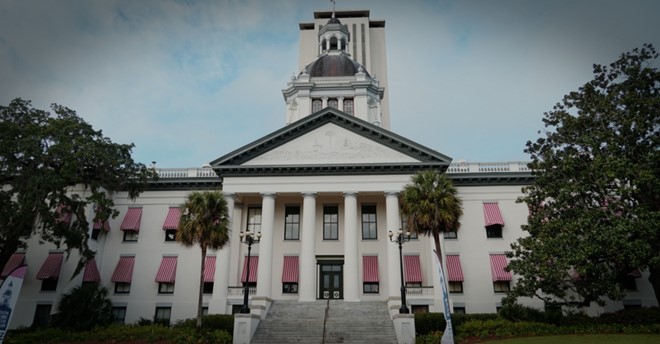Becker Spotlight: Congress’ Post-Midterm To-Do List

Lawmakers return from their midterm election recess on November 14th, at which time they’ll need to pass an omnibus government funding package and the annual National Defense Authorization Act (NDAA). They will also likely take up votes on extensions of tax benefits, same-sex marriage, and amendments to the Electoral Count Act.
Congress already passed a short-term stopgap funding measure this summer that expires in December, but the text of the new funding package has yet to be released as lawmakers hope to attach some last-minute priorities before the 118th Congress begins in January.
While the NDAA is also must-pass, reports indicate Senate Majority Leader Chuck Schumer (D-NY) will temporarily pull the $847 billion bill (which the House has already passed) from consideration next week in order to clear the way for judicial nominations. Both chambers have been informally reconciling their bills’ differences to avoid a fight over amendments, and there are also talks of combining the reauthorization with the government funding bill to streamline the process.
Below is snapshot of potential items that could be included in both the omnibus bill and the NDAA.
Omnibus Bill:
- Ukraine Relief: Congress provided $12.4 billion in the stopgap to support Ukraine against Russia’s invasion, and leaders of both parties – on a bicameral basis – have called for additional aid.
- Disaster Aid: Congress will likely supplement its $18.8 billion in disaster relief passed this summer in order to respond to Hurricane Ian which ravaged Florida and other areas. Sen. Marco Rubio (R-FL) – who won reelection this week – has since asked for $33 billion in emergency assistance, most of which would go to Army Corps and FEMA response efforts. A renewal of flood insurance assistance is also likely.
- Public Health & Entitlements: Congress refused to pass new COVID-19- or monkeypox-related funding in the summer stopgap despite President Biden’s $27 billion request. It’s unlikely that Congress will change course this December. However, Congress will likely extend expiring Medicare, Medicaid, and VA programs.
NDAA:
- House & Senate Bills:
- Key Authorizations: The Senate’s version includes several key authorizations, including those for the Water Resources Development Act, the Coast Guard, intelligence programs, and the Taiwan Policy Act.
- PFAS: The House version goes farther than the Senate in barring DOD’s overall procurement of PFAS-related materials, but both require some form of DOD reporting regarding the effects of its resources containing PFAS. Of note, the House would immediately bar the procurement of most PFAS-contaminated products, while the Senate would limit it to firefighting equipment beginning October 2026.
- China & Supply Chains: Both bills would impose some form of procurement bans on materials made with forced labor or from Chinese-headquartered or state-run entities. The Senate goes somewhat further by extending similar bans on support for film or television censored in China, and by providing $1 billion to the National Defense Stockpile to acquire critical minerals to cut the United States’ dependence upon Chinese-based minerals.
- Pending Senate Amendments: Senators have filed over 900 amendments to the manager’s package of the NDAA currently awaiting consideration on the floor. Some amendments include those of Senate Majority Whip Dick Durbin (D-IL) which would change how Congress handles authorizations of use of military force, combat extremism in the military, and provide protections for DACA recipients. Another amendment by retiring Sen. Rob Portman (R-OH) would mandate certain cybersecurity coordination activities between the Executive Branch and Congress.





